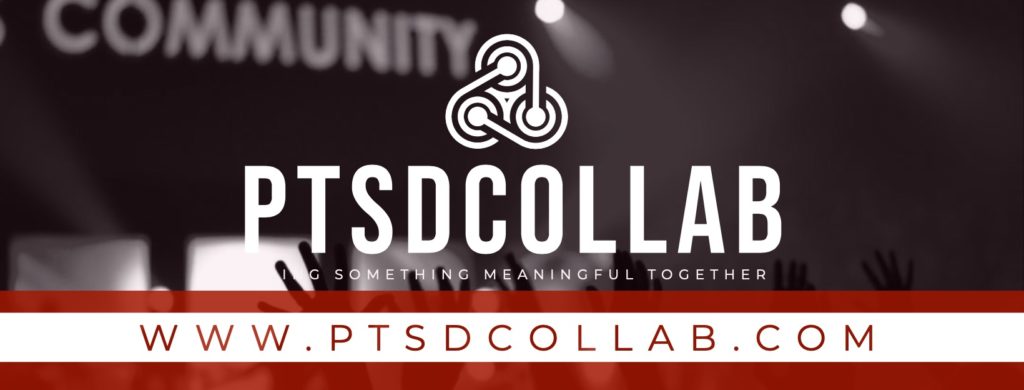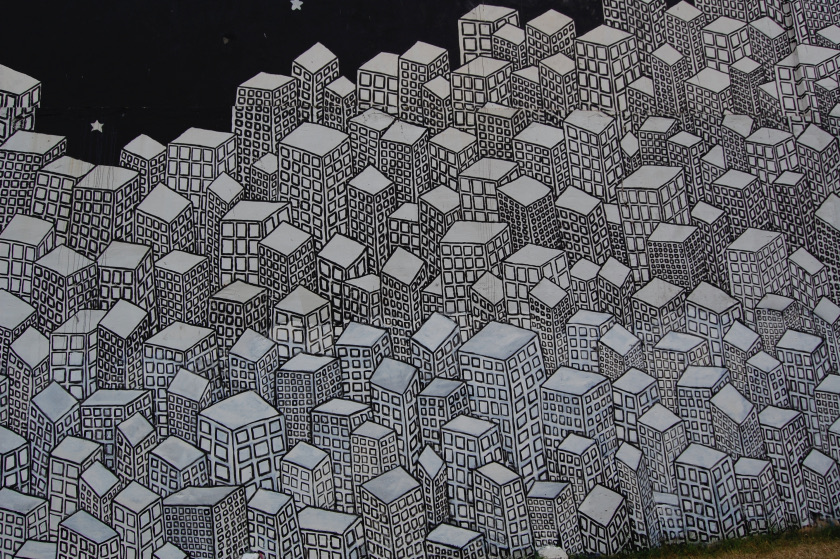Lakeside: EMDR – the PTSD or CPTSD survivor’s weapon

Lakeside: EMDR – the PTSD or CPTSD survivor’s weapon
(Thank you to the man who just left the Café, his seat is so lovely and warm and now I’m nicely secluded in a corner to myself back to the wall and safe and sound. Coffee by the laptop, minus 2 degrees C outside…)
Eye movement desensitisation and reprocessing (EMDR) is a form of psychotherapy in which the person being treated is asked to recall distressing images while generating one type of bilateral sensory input, such as side-to-side eye movements or hand tapping. – Wikipedia
For me, EMDR was a last resort.
I didn’t want to get to the point where I needed medication or needing an inpatient stay. It was my husband who found out about it. He’s actually very caring, but because of my diagnosed ASD and CPTSD it’s very hard for him to broach anything sensitive with me. Luckily, I have weekly talking therapy psychoanalysis and after his just sending me a ‘speculative’ email with merely a link and a ‘whadyathink’, I discussed it with my therapist.
I didn’t want to know what it was.
Eventually, I did take a peak on our local community mental health services website, but subconsciously I was in denial that this was an option or that my PTSD was serious enough to warrant the kind of treatment that a war veteran might need! It seemed quite ‘jargony’ and formal. However, my therapist gradually kept easing the EMDR treatment option into our sessions after serious melt down or paranoia episodes and in the end off her own back researched a psychiatrist in my area who not only uses EMDR as a treatment therapy, but has also experienced EMDR herself.
Eventually I saw the light and booked an appointment, mainly for my family’s sake (my loving and supportive husband and our two beautiful children to whom I want to give the most amazing, magical, caring and supportive childhood to).
If you are thinking of having EMDR to process past trauma here are some of my thoughts:
- How your EMDR sessions play out is entirely individual and related to your specific neurological biology and traumatic past experiences. Do not think that what happened to me will happen the same way for you. I never read anyone else’s blow by blow accounts of their EMDR experiences prior to or since having treatment and I don’t want to.
- EMDR is extremely exhausting and has an impact on your day to day life whilst undergoing treatment. At first I also experienced some nasty headaches as my eyes got used to the new intense movement patterns.
- You will need to have a strong support network around you even if you don’t want to talk to them about it… maybe they’ll help out so you can get to bed early for some vital healing sleep, maybe they’ll make sure that on treatment day you don’t have to worry about cooking or cleaning and so on and so forth.
- As I find it hard to talk to anyone about personal trauma, I also found that having talking therapy on the same day to debrief and provide perspective and emotional support, vital.
- Don’t underestimate the powerful and incredibly vivid nature of EMDR. It can be very upsetting, horrific, and scary. Practically your worst nightmares and you are awake the whole time. You are also unprepared for the ‘new’ roles you can assume and actions you take in these visions.
- I found that for about 12-24hrs after my weekly EMDR session (which is 50mins in duration) I was still ‘under the influence’ of the treatment to a degree. It’s not easy to explain, but essentially I felt as though I would be co-existing in both the traumatic episode and what took place in the EMDR session, and, trying to get on with the day and all that goes with it (therapy, school runs, dinner time, kids bedtime routines, errands, etc). A result of this is that I contacted someone immediately after a session when I was still in a fairly high emotional state and talked about what memories and new insights were uncovered in the EMDR session, and although in hindsight perhaps this was a bit irresponsible, actually that was part of the healing and there will be others who are going to be in that sphere of influence from the past who need to be held account… the past must catch up for some of them too! I know though, that if it had been a day or two after the session I wouldn’t have taken such a risk.
- A rather bizarre thing that happened to me (and still does as I’m 4 months into EMDR and still going…) is that exactly 48hrs after my EMDR session I suddenly become overwhelmed with emotion, mostly a sadness. I have come to recognise this and make sure that I keep busy doing errands, mostly somewhere nice and busy like a supermarket or shopping centre so I can get a cuppa and just be amongst it all, the concept ‘alone in a crowd’ in a low risk environment seems to give me a sense of safety and anonymity at the same time.
- Perhaps though this last thought then is balance your life particularly whilst going through treatment. You will discover a lot about yourself that you had become out of touch with… good stuff… things that make life worth it and love worth it. You will make more time for you, yes ‘me time’ will no longer need diarising, because you will make sure that you go to the cinema, you will pick up that instrument and play it again with passion, watch the TV programmes you like back to back one afternoon or evening, spend all evening reading cosy in bed with some herbal tea, buy that thing you have been drooling over all month, go out for lunch or dinner, see a friend for a cuppa, do a pilates or yoga class, listen to your favourite music really loud in the kitchen whilst you’re preparing the dinner and so on and so forth….
My conclusion:
EMDR is incredible. My brain is physically healing as each single traumatic event gets processed, and I can actually feel it happening and how my brain recalls trauma memories is very different and ‘safe’ once they are processed. I have a heavenly ‘safe place’ I can go to when my past overwhelms my present, and that will always be there for me no matter where I am or who I am with. It is a major undertaking and a breathtaking journey. I am grateful every day and night for the support network I have around me to enable my recovery.
Disclaimer: The above is all based my own personal experience. I have no qualifications or training in psychotherapy or psychiatry, and neither do I wish to.
Lakeside: ‘EMDR – the PTSD or CPTSD survivor’s weapon’ (c) 2019 Laura Devlin


